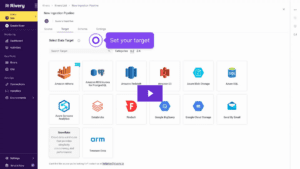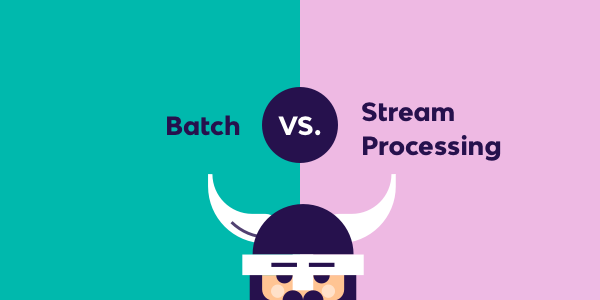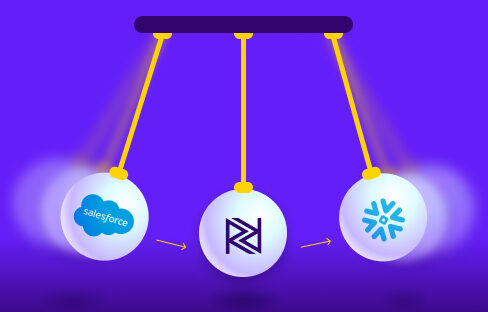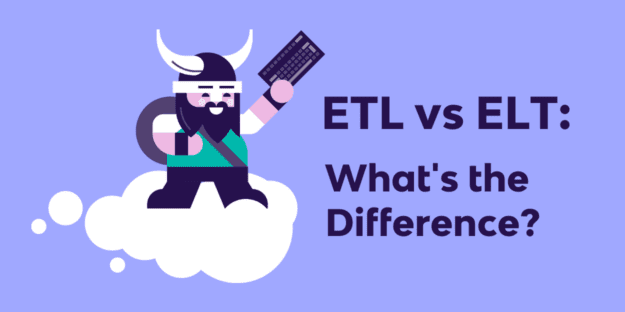According to Statista, public cloud spending had a five-fold increase over the decade, starting at $77 billion and is predicted to reach $411 billion by 2020.
There is no doubt that cloud computing was one of the technological revolutions that defined the 2010s. While AWS launched their Elastic Computer Cloud back in 2006, it wasn’t until 2010 when the market hit mass adoption once Microsoft, Google, and Amazon launched their respective cloud divisions.
Research estimates that today, 84 percent of enterprises have a multi-cloud strategy. What’s more, Gartner predicts that by 2025, 80 percent of organisations will have migrated away from on-premise data centers towards colocation, hosting and the cloud.
What’s in store for 2020?
Forrester predicts that some of the main trends in the industry include: hyper-scale global public cloud leaders forming alliances to refocus on their core strengths; leading business app vendors embracing open source and ditching proprietary infrastructures; crowded cloud-native development ecosystem will deliver serverless computing; and cloud management vendors will focus on security.
What we know for sure is that as the cloud becomes the bread and butter of data storage and data operations, customers will enjoy better solutions and a wider range of offers from a booming ecosystem.
As the market becomes increasingly sophisticated, we will see more jobs within medium and large companies whose role is solely focused on optimizing the orchestration of data processes in the cloud.
Multi-cloud Operations
Businesses are realising the benefits of a vendor-agnostic approach, which minimizes costs and gives flexibility to scale and innovate.
However, multi-cloud operations come with some challenges.
Stephan Fabel, the Director of Product at Canonical emphasizes that, cloud orchestration still hasn’t yet overcome the challenges associated with migrating workloads between different cloud infrastructures.
As a result of this, enterprises will need to look for solutions to remove the bottlenecks in their data pipeline. Stephan predicts organizations will invest in cloud computing services which can help them harness a multi-cloud ecosystem, by supporting fast deployment, scalability, integration and operational tasks across public and private clouds.
AI and Machine Learning
As the industry matures, AI and Machine Learning are gaining meaning beyond ‘trendy buzzwords’, becoming more relevance within business operations.
When it comes to leveraging AI/ML for data management in the cloud, businesses now expect tangible deployments that will help them automate data processes.
Earlier this month, Amazon Web Services (AWS) unveiled two new solutions based on machine learning algorithms to optimize cloud application deployments. Hyper-scale cloud giants will play a key role in helping companies reap the benefits of automation through AI & ML solutions – and help these technologies become mainstream tools.
An exciting decade ahead
Data and analytics have never been as valued as they are today.
The level of sophistication to store, manage, transform, and present data have reached new heights over the last decade. I am looking forward to another decade of groundbreaking innovation.
The one challenge for the ecosystem over the next decade will be choosing their technology stack wisely – with the current pace of innovation, simplicity and flexibility need to be at the top of the agenda. Building future-proof data infrastructures is no longer a luxury but a business necessity.
Keeping data simple is at the heart of our ambition at Rivery.
While it’s great to make the most of all the tools and solutions out there, ultimately data becomes insight. And the whole point of simplifying, automating, and streamlining data processes in the next decade is to give teams the ability to focus on insights to grow and thrive.
Looking forward to the next decade!
Minimize the firefighting. Maximize ROI on pipelines.





